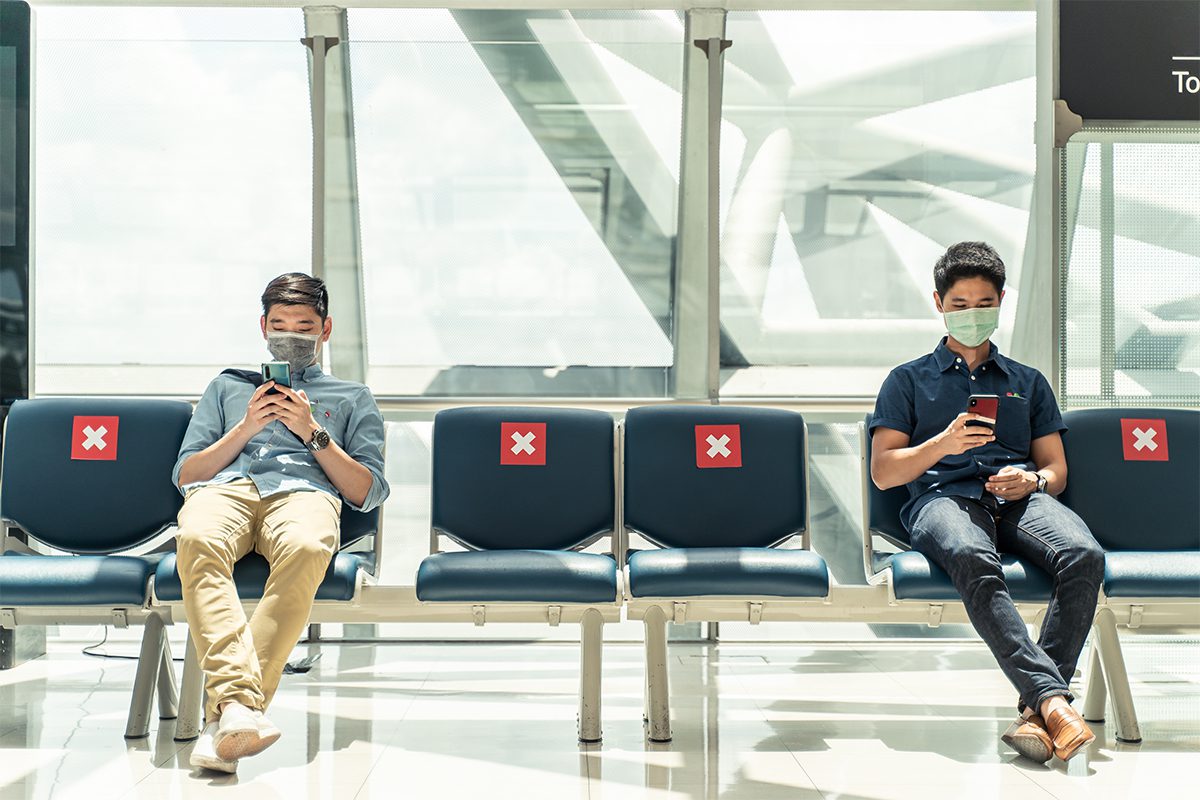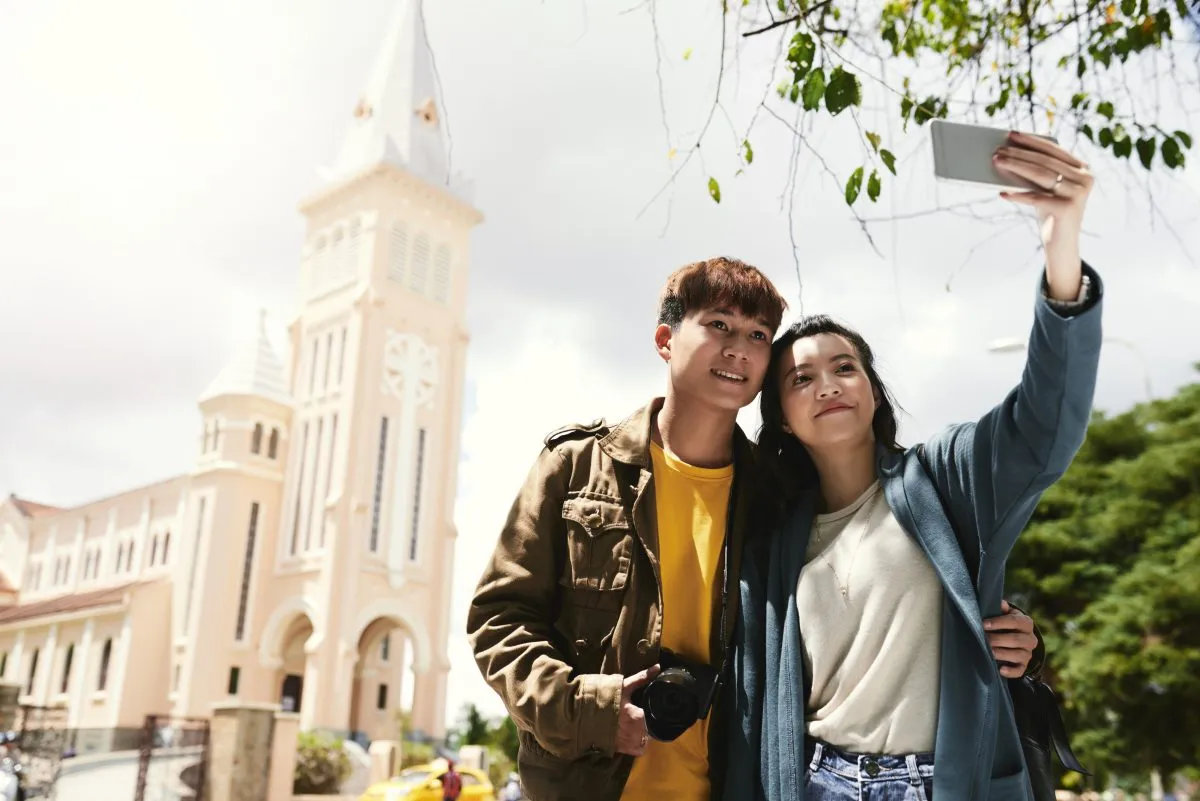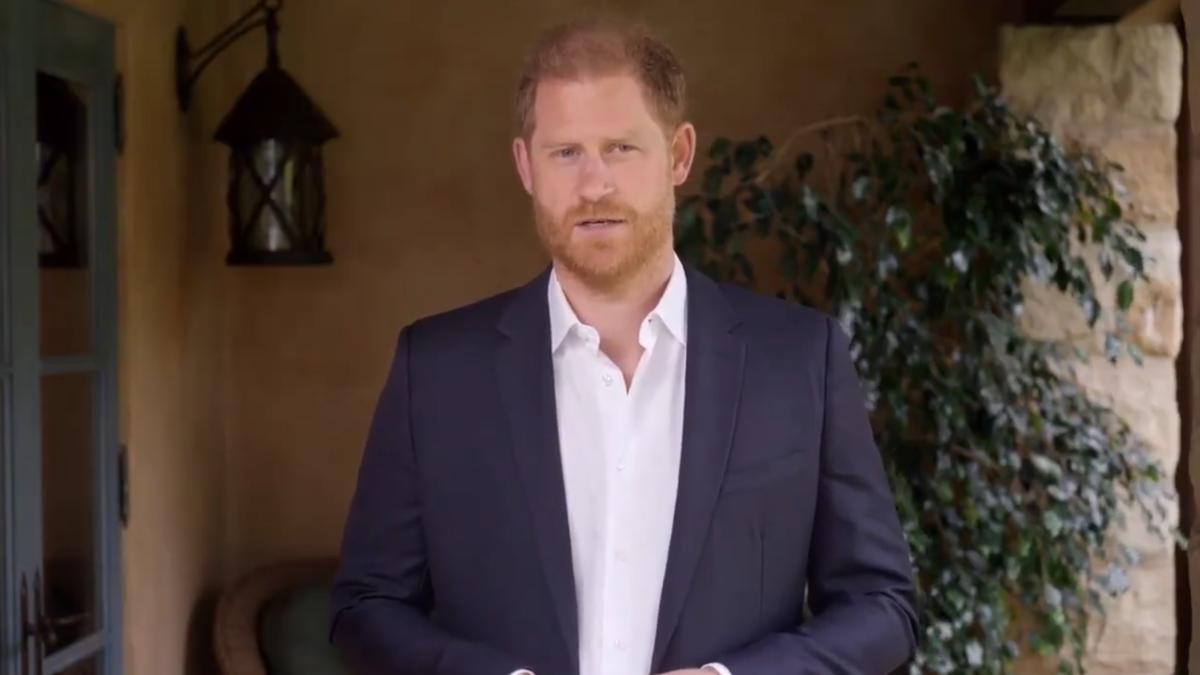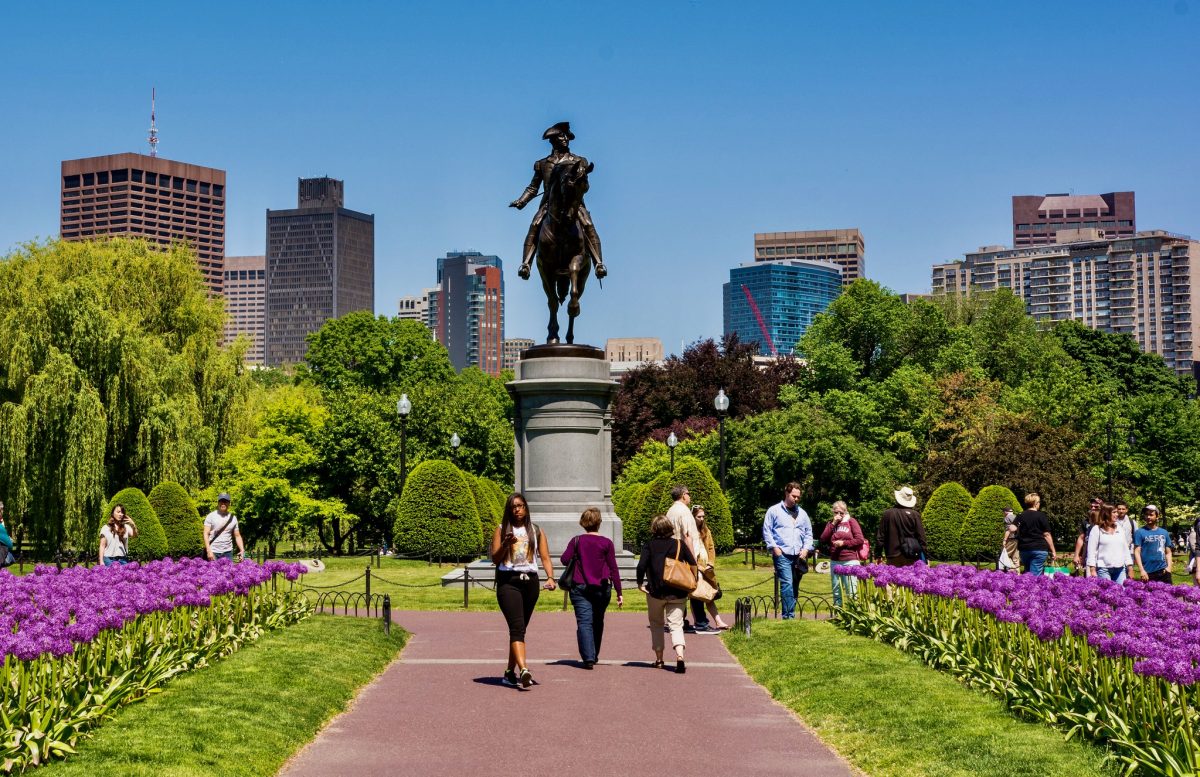Keeping up with Customer Needs as the Traveler Journey Evolves

Skift Take
This sponsored content was created in collaboration with a Skift partner.
Truly and authentically putting consumers at the heart of everything can be a challenge for travel companies. Beyond research investment and validation to collect the right data points, companies need to figure out how to translate those data points into rich customer experiences.
With its Priority Pass global lounge program, which includes airport as well as train lounges, Collinson is meeting the challenge of customer-centricity by optimizing the lounge experience with digital innovations and strengthening safety and hygiene standards without sacrificing the human interactions that make travel so enjoyable. The company’s new Lounge Legends campaign, a video of real-life lounge employees discussing their experiences and passion for working as part of the Priority Pass global network, is helping to put a human face on these efforts.
SkiftX spoke with Andy Besant, director of travel experiences for Collinson, about how the airport customer journey is evolving, and how Priority Pass is striving to make it safer, more digital, and more personalized. We also touch upon how the data-based enhancements made at an accelerated pace during Covid-19 will continue to shape the traveler experience.
SkiftX: “Traveler experience” is in your title. Can you talk a bit about what that means to you, and what your role at Collinson entails?
Andy Besant: It's part of our vision around helping travelers love the journey by creating memorable experiences. We know that customers can sometimes find travel stressful, but it should be enjoyable – whether it's a business trip, a holiday, or seeing family and friends. We want to make the travel experience as enjoyable as the event itself – an extension of the good times and not just a logistical challenge, or a means to an end.
We're developing products and capabilities that make that customer experience really rich while maintaining a sharp focus on health and safety – building out testing capabilities and touchless innovations, for example. I lead the travel experiences division, and my brief is to essentially transform the Priority Pass products, and business, by delivering superior customer experience propositions to both our consumers and our client's consumers, and part of that points to hyper-personalization.
SkiftX: How does personalization fit into the digital journey for Priority Pass customers?
Besant: Our whole vision is around creating memorable experiences, and having a really rich data asset is absolutely key to that. We call it hyper-personalization. We are working to release up to 30 feature enhancements, like home screen localizations and “favorite lounge” features on our app, which make the experience feel more personal. But we believe that the whole travel experience is going to be a lot richer and a lot more valuable to a consumer if we can create this data exchange and be in the middle of it.
We know the airport ecosystem, and personalization is all about delivering highly contextualized, highly relevant information around offers and services. Typically in an airport, information is incredibly fragmented, and sometimes you need four or five different data points to get all the information you want. We've got a lot of assets in the airport's ecosystem that we're trying to bring together, and we've got a very rich data set that we can then turn into something that's very personal. If it's not relevant, it’s not particularly valuable.
In the future, we’re aiming to achieve a level of personalized service that feels seamless. For example, we know when a customer is flying, and we know when they're just about to get to an airport. We also know they've only got a half hour to get to their connecting flight, and we can make the right call based on whether the lounge is busy or not. We might tell them it’s probably not best to stop at the lounge, but here’s a coffee or sandwich you can get on the way to the gate.
Another future scenario is that we might share a duty-free offer for whiskey if we know a customer likes whiskey. They could then go on their app on the way to the airport or while they're waiting in the airport, and the duty-free whiskey could potentially be stored in a locker, or taken to the gate. We could be the digital middleman for various aspects of the traveler journey within the airport ecosystem. We’re really excited about those future possibilities.
SkiftX: How has the pandemic impacted the traveler journey for Priority Pass customers, and how have you responded?
Besant: When the pandemic started we did some research, because it's always good to put the customer at the heart of product strategy and development. And we discovered that airport lounges were in high demand, as they always are, but people wanted to make sure that there was adequate social distancing, and that adequate health and safety processes were in place. We worked with our global medical director, Dr. Simon Worrell, and our medical and security assistance division when we created our lounge standards, which we rolled out throughout our network of 1300-plus lounges. It’s also our duty to protect our lounge staff members who need to work to keep the lounge open. We've helped them open in a safe way, and the feedback has been very positive.
Another one of our key lounge propositions is Ready2Order (R2O), a pilot program we created in response to the pandemic. Available in select lounges, our technology allows consumers to order all of their food and beverage digitally, and then a lone staff member will come and deliver it, so it's a completely socially distanced customer experience. At the same time, we’ve taken measures to improve our non-digital experiences as well, like removing some of the physical touchpoints and amping up cleaning standards.
SkiftX: We’ve heard a lot about contactless technologies being integrated into the airport journey, but we don’t hear much about the human component. What role can lounge employees play, for example, in winning back traveler trust?
Besant: Our lounge employees are hugely important. At the end of the day, it's a service model, and whilst digital experiences can improve customer experience or help navigate a more socially distanced world, they need to work in tandem with humans. We want to create multiple experiences based on what our customers want, so if they want to speak with someone they can. To do this, it’s important for us to be leading on the health and safety front, and so we focused on our employees being part of that effort.
SkiftX: In Collinson’s Lounge Legends video, several lounge employees share their personal insights. Do you have any stories to share about how Priority Pass lounge employees have inspired you?
Besant: Absolutely. On a recent business trip, I was reminiscing about the fact that there was a barman in the lounge who was basically entertaining about five or six people sitting in front of him. He had a really high enthusiasm for making cocktails and was inspiring people on what sort of cocktails to have. He was trying to get people to try different things, and he was advising them on where to go, and I just thought that was lovely because that is what an experience is.
A relative of mine who was traveling for the first time since a bereavement was quite nervous about traveling on her own in terms of the loneliness of it, but she commented about how great the waitress in the lounge was about making her feel comfortable, making her feel reassured. That empathy and personal connection is priceless. She said it made a phenomenal difference to her journey because it was all about reassurance.
In our view, our lounge employees are most important to the travel experience. They’re the people who cook you great food, serve you that magical first holiday drink, and help you relax and unwind. Without them, there is no Priority Pass.
SkiftX: Looking two or three years down the road, what changes or advancements do you anticipate? How will the traveler journey continue to become more streamlined and more enjoyable?
Besant: The horizon definitely changes because of Covid-19, not just in travel but everywhere. It’s accelerated lots of things, but it hasn't necessarily changed our course of action. Digital payments are massively higher, for example, but they’ve always been growing. Working from home is happening more, but it had already become something of a trend.
On the domestic front, we’re evolving our train lounge proposition. With cross-border travel being limited in many countries, the railways are a great form of getting around. In October, we saw the use of railway lounges outpacing where they were pre-Covid. In terms of health and safety, the lounges are pretty similar to airport lounges in terms of the things we can do, such as digital touchpoints to get in and out. The bit we control less is the ecosystem around the railway station. An airport is an incredibly safe place, and it’s very regimented in terms of who goes in and how you filter through it. A railway station could feel more congested when there are delays, although some stations are more open in terms of fresh air filtering in.
In airports, I think we'll see a continued acceleration of more digital experiences, to the point where some airports will take all friction out of the experience, so no passports and no boarding passes – it may all be done through retinal or fingerprint authentication. We might need to be thinking about how we can drive brand recognition when there isn't a physical transaction, or there isn't an invoice or anything paper-based that puts a name on it. All of that thinking is happening as we look at our product development, to make sure we've got ways of providing recognition and experience in a manner that consumers want to engage with at the time they want to engage.
This content was created collaboratively by Collinson and Skift’s branded content studio, SkiftX.




